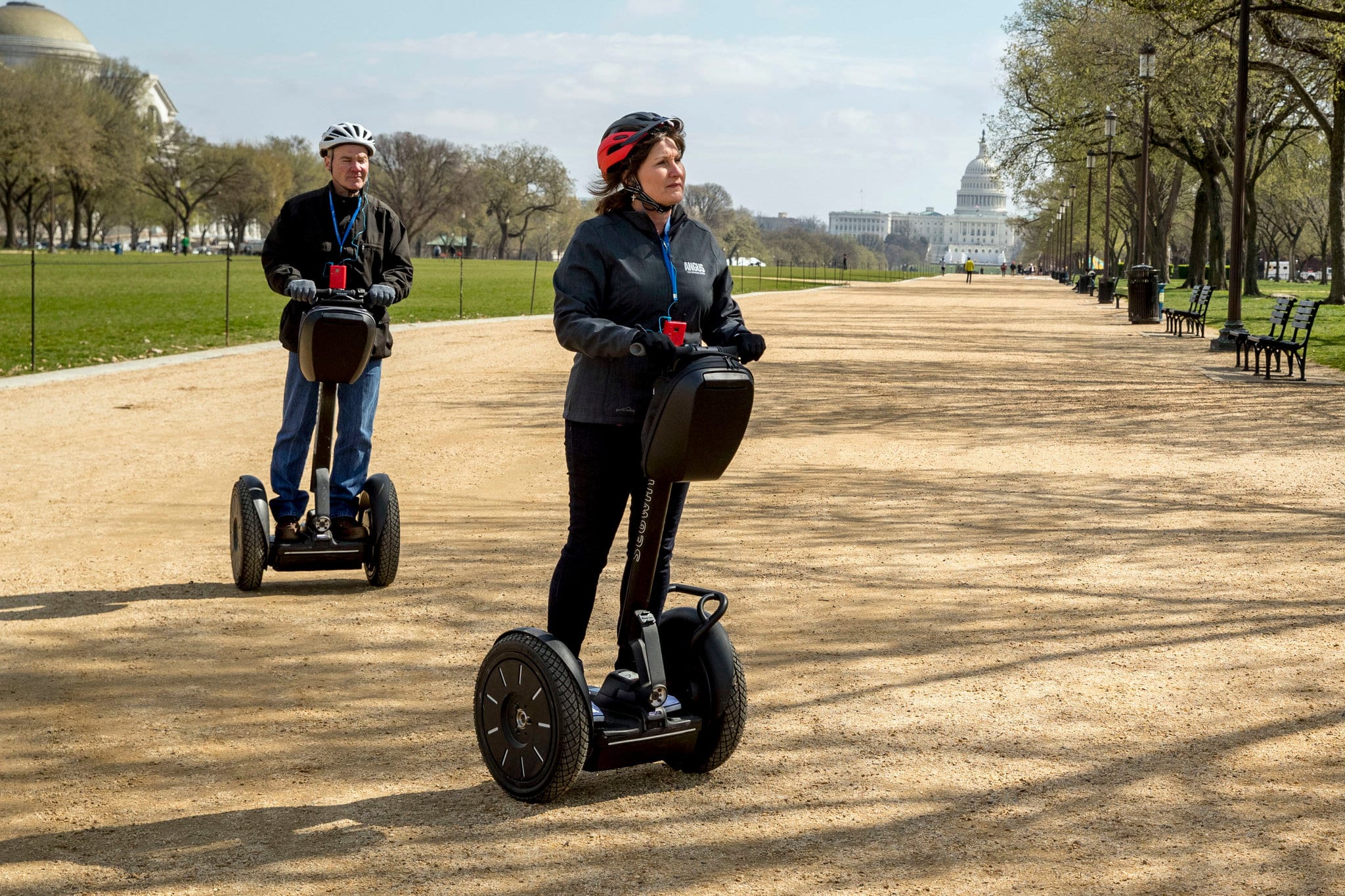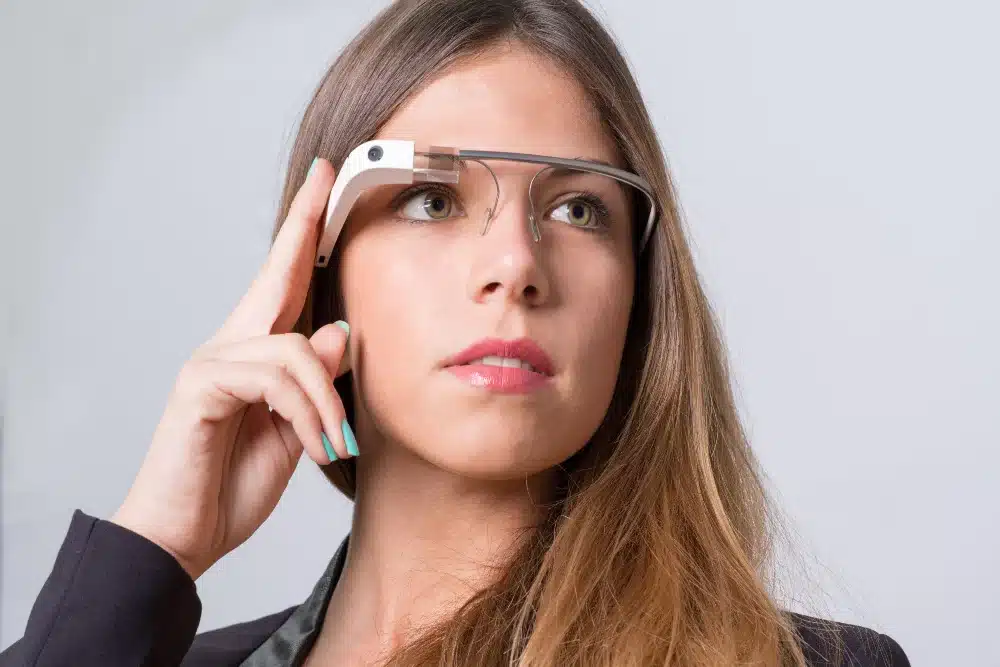The tech world is a place of constant evolution, where yesterday’s innovations are today’s old news. It’s a landscape where predictions about the future can sometimes seem more like science fiction than reality.
According to the research, over the years, there have been countless forecasts about where technology is headed, and while some have hit the mark, others have missed the mark entirely. Let’s take a closer look at some of the most surprising and missed predictions in the world of technology.
The Rise and Fall of the Tablet PC
Back in the early 2000s, the Tablet PC was hailed as the future of computing. With its sleek design and touchscreen interface, it was supposed to replace traditional laptops and desktops. Companies and tech enthusiasts were excited about the possibilities.
However, despite the hype, the Tablet PC didn’t quite take off. It was bulky, expensive, and not as user-friendly as people had hoped.
It wasn’t until the introduction of the iPad in 2010 that tablets truly found their place, proving that the market needed something more streamlined and accessible. The research revealed that consumer preferences and technological readiness were key factors in this shift.
The Segway: A Personal Transportation Revolution?
When the Segway was unveiled in 2001, it was billed as a revolutionary mode of personal transportation. The Segway was expected to change the way we navigate cities and workplaces, making travel faster and more efficient.
Despite the buzz, the Segway didn’t quite live up to the high expectations. It faced challenges such as high costs, regulatory issues, and a lack of widespread infrastructure to support its use.
While it did find a niche market, it never became the ubiquitous transport solution many had predicted. The research revealed that practical limitations and societal adoption rates played significant roles in its limited impact.
Virtual Reality: The Dream That Took Its Time
In the 1990s, Virtual Reality (VR) was seen as the next big thing. Enthusiasts imagined a future where VR would be as common as smartphones, offering immersive experiences for everything from gaming to education.
Yet, VR faced numerous hurdles, including high costs, limited content, and technical challenges. It wasn’t until recent years that VR started gaining traction, thanks to advancements in technology and more affordable consumer options. Technological advancements and lower costs were crucial in moving VR closer to mainstream adoption.
Google Glass: Augmented Reality’s False Start
Google Glass, introduced in 2013, promised to bring augmented reality (AR) into our daily lives with a pair of sleek, high-tech glasses. The idea was to overlay digital information onto the real world, making it easier to access information on the go. However, Google Glass encountered several issues, including privacy concerns, a lack of compelling applications, and social awkwardness.
Despite the initial excitement, Google Glass didn’t become the game-changer many had anticipated. It did, however, pave the way for future AR innovations and lessons learned. The research revealed that user acceptance and practical applications were significant factors influencing its outcome.
The Road Ahead: Lessons from the Past
These missed predictions remind us that technology is an unpredictable field. While it’s exciting to imagine future possibilities, reality often involves more complex challenges than anticipated.
Many factors can influence whether a technology succeeds or fails, including market readiness, user needs, and unforeseen obstacles. Understanding these factors and adapting to them is crucial for future innovations.
Final Words
As we continue to look forward to new technological advancements, it’s important to recognize the value of both successes and failures. Whether it hits the mark or not, each prediction contributes to our understanding of what makes technology work in the real world.
Embrace the surprises, learn from the misses, and remember that innovation is a journey of constant learning and adaptation. The road to the future is rarely a straight path, but with each twist and turn, we get closer to discovering the next big thing.



